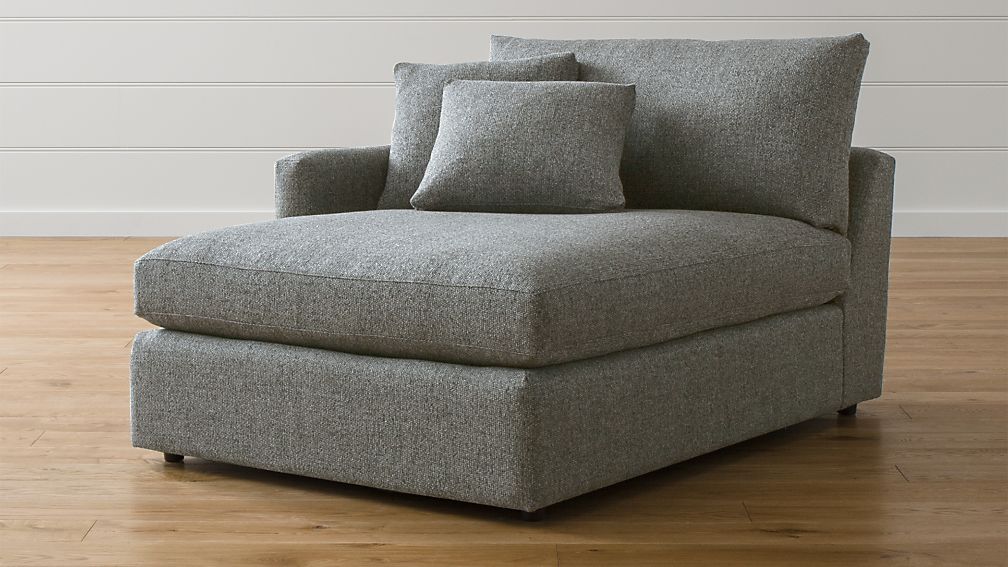If you are unsure about how to handle roof runoff, you can use downspout extensions to direct water away from your home’s foundation. These extensions can be attached to the bottom of your gutters, and are an excellent way to divert water from your roof. In addition, they help keep the foundation dry and prevent erosion over time. If you are considering installing a downspout extension, it’s important to consider how much it will cost.
There are many types of gutters available, and a combination of these will provide a perfect solution to your roof runoff. For instance, a rain barrel downspout diverter will attach to your downspout, channeling water into the barrel instead of directly into your home’s foundation. Another option is to install a ground gutter or a french drain, and you can even install a louver system to redirect water away from your home.
Traditional gutters will continue to collect debris and clog over time, so homeowners have several options. A louver system, such as those found on many commercial roofs, will direct rainwater away from the foundation. These louvers are attached to the house siding, and they are designed to force raindrops to fall away from the foundation. Adding a louver system to your roof can save you a lot of money and headaches.
While traditional gutters are not very attractive, they are an effective way to divert water away from your home’s foundation. Besides, they are inexpensive and easy to install by professionals. They will keep your property free of mud, prevent erosion, and keep water away from your home’s foundation. On the other hand, gutters are cumbersome and require a lot of maintenance. They can harbor pests and break off the edge of your roof.
A rain barrel is an excellent option to divert water from your foundation. It connects to a downspout and channels the water into a barrel for collection. It will also help divert water away from the foundation of your home. There are other methods of handling roof runoff, and these include using a louver system to direct the flow of water away from your home. The use of a louver system is an excellent alternative to traditional gutters, as it doesn’t clog and is attractive.
Adding gutters is an easy way to handle roof runoff. You need to plan where the water will be diverted and how it will get to your foundation. Typically, traditional gutters will not work, and you’ll need to use a ground gutter system. This will help divert the water from your home’s foundation, which will prevent erosion. However, if you don’t have a groundwater problem, you can install a louver system to direct the water away from your foundation.
The most common rain diverter is a gutter. It is inexpensive to install and professional contractors can install them quickly. It helps prevent water damage near the foundation and keeps your home clean and dry. Unfortunately, rain chains and gutters can be cumbersome and require a lot of maintenance. They can harbor pests and break off the edge of your roof. So, when choosing between gutters and louvers, consider all of your options carefully.
The best option for a home with overhanging shingles is a louver system. These sheets have divots in them that direct water away from your house. This system will also help keep the water away from the foundation of your home. A rain chain can be attached to the siding of your house underneath the roof. It pushes rain droplets away from your home and prevents foundation erosion. A ground gutter or French drain is another option.
Whether you choose a traditional gutter or a modern alternative, the best way to handle roof runoff is to make sure all water is directed away from your home. While conventional gutters can be an effective option, they are not attractive and often cause a lot of erosion. There are several different types of alternative gutter systems that can be used to divert water. You can also install a louver system attached to your house’s siding.


